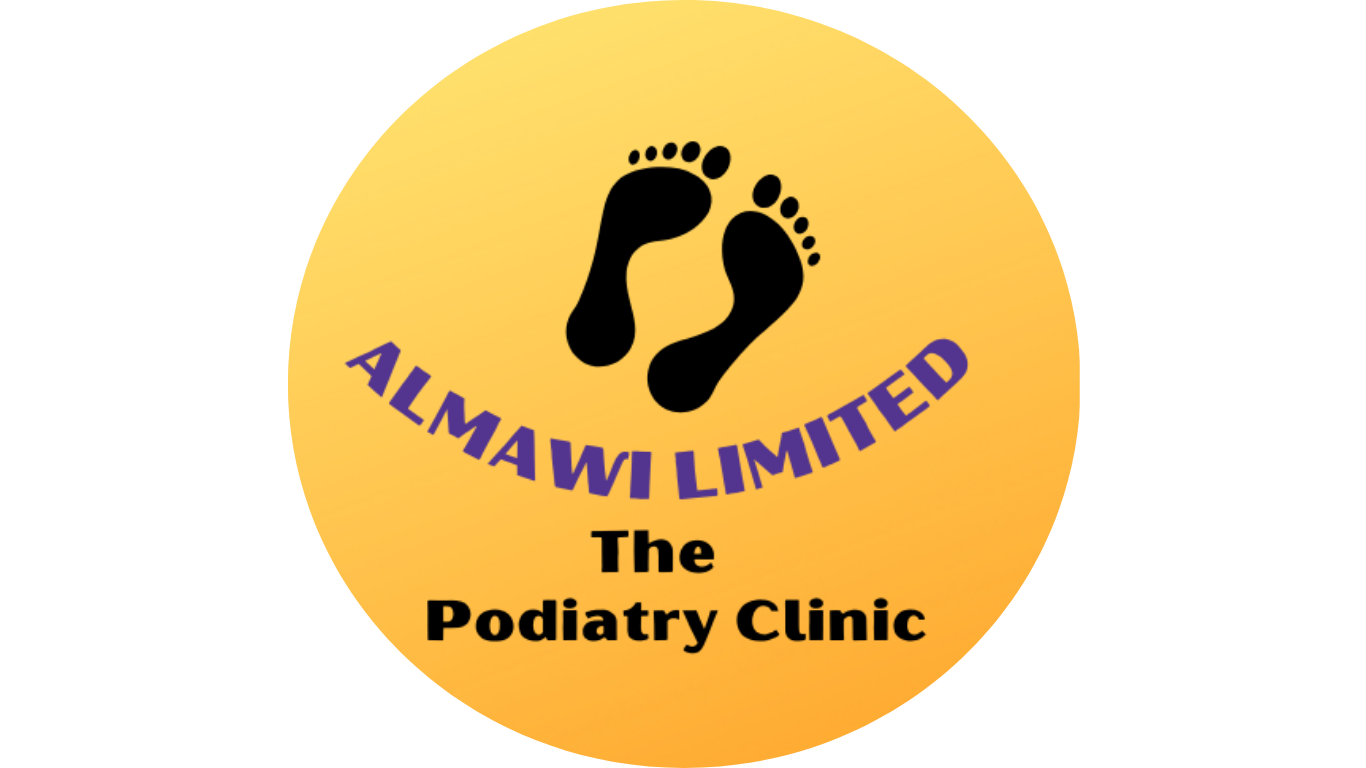
Feet are for Life…Cherish Them!

Foot care is important through all stages of life. As we get older, everyday wear and tear can take its toll, so foot pain and disorders are common concerns for older people. These pains make it harder to walk and carry out your daily functions, and can interfere with activities such as getting out of a chair, or climbing stairs. But just because you are getting older, you do not have to tolerate foot pain. Being able to walk well is extremely important, since walking is one of the best ways to exercise and keep fit.
In seniors, foot problems include those linked with other debilitating conditions such as diabetes, arthritis, and general circulatory problems. Advice on overall foot care, and choosing appropriate footwear is therefore key.
Some Common Foot Complaints
- Bunions – Have you noticed a bump developing where your big toe meets the foot? Then this could be a bunion. Bunions can be genetic, but footwear can make the problem worse. If you are in pain, check it out.
- Ingrown toenails – This is where the nail becomes ingrown, when the side of the nail cuts into the skin. It is common in children and young adults, can be extremely painful, and lead to infection, if untreated.
- Muscle or joint pain – Are you experiencing frequent aches and pain in your feet, ankles or legs? This could be due to your muscles or joints. It is often noticeable if walking a lot, doing exercise, or being ‘on your feet’. A podiatrist can identify the cause, along with appropriate treatment.
- Corns and calluses – These are areas of hard, thickened skin that develop because of excessive pressure or friction. If they are causing you discomfort, a podiatrist can safely and painlessly treat them. Do not treat these at home, as it can result in injury and infection.
Monitoring
- If you have Diabetes – You should have regular foot checks. Each year, thousands of amputations take place amongst persons with diabetes, which could have been prevented with appropriate foot care. A podiatrist can carry out your foot check,
- Inspect your feet regularly – Check for changes in skin colour or temperature; thickened or discoloured nails; and any sign of a break in the skin, or an abrasion.
- Impaired Vision – Many older people are affected, particularly those with diabetes. This can make it harder to find small changes or skin problems. If your vision is inadequate, find a podiatrist or other trained healthcare provider to check your feet regularly. If you have diabetes and the circulation to your feet is impaired, or you have foot problems, you will likely need to see a podiatrist approximately every 3 months.
Foot Care Improvement and Prevention Tips
A good foot care regime will not only improve foot health, but help prevent the common problems. Here are some tips:
- Keep toenails at a moderate length. Too long nails can press against the end of shoes, causing soreness, ulceration, and even infection.
- Check your feet daily and moisturise, (but not between the toes), to keep them supple. Feet lose their natural oils with age, and nails can become brittle.
- Avoid tight socks that may restrict circulation, or cramp the toes.
- Stay active and on the move. This tones up muscles, helps to strengthen arches, and stimulates blood circulation.
- Ensure you choose well-fitting, supportive footwear.
Remember, foot pain is not normal… So see a podiatrist if you’re experiencing any problems.

 WhatsApp us!
WhatsApp us!